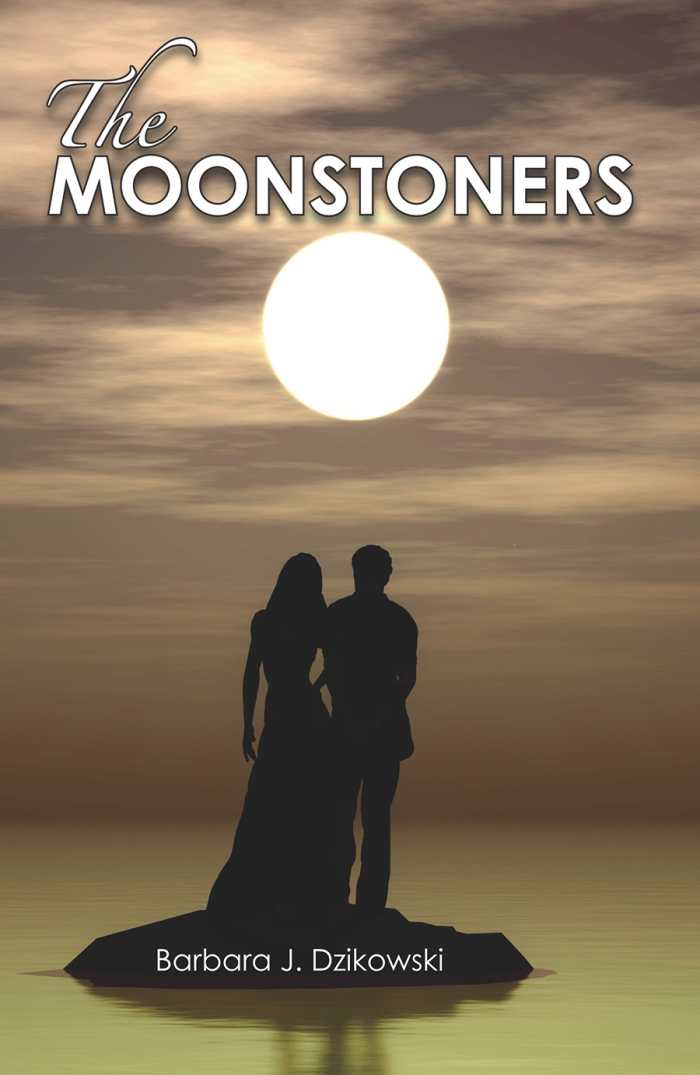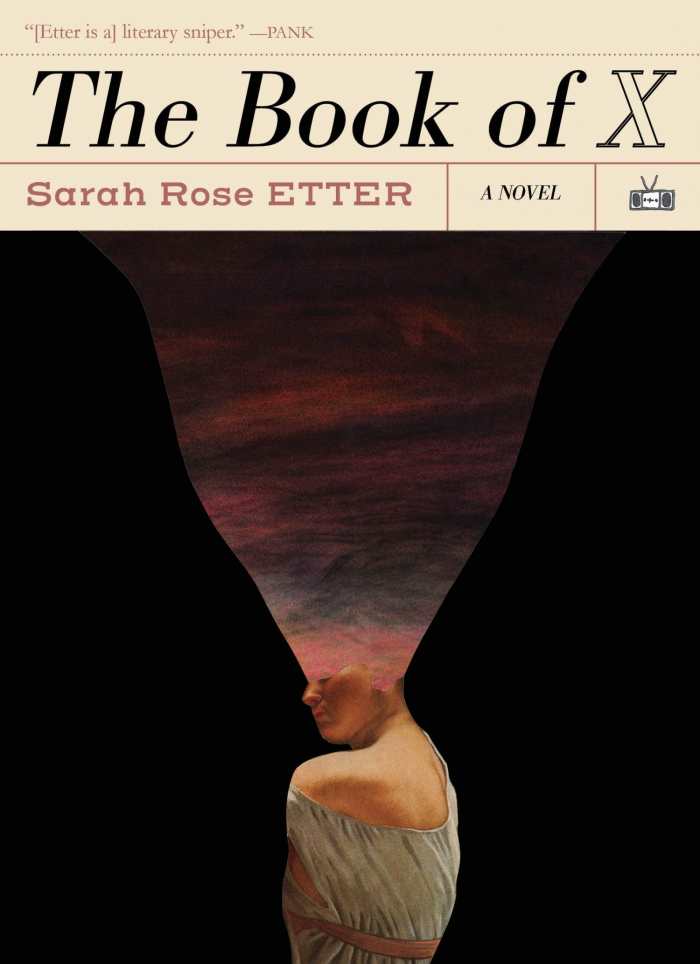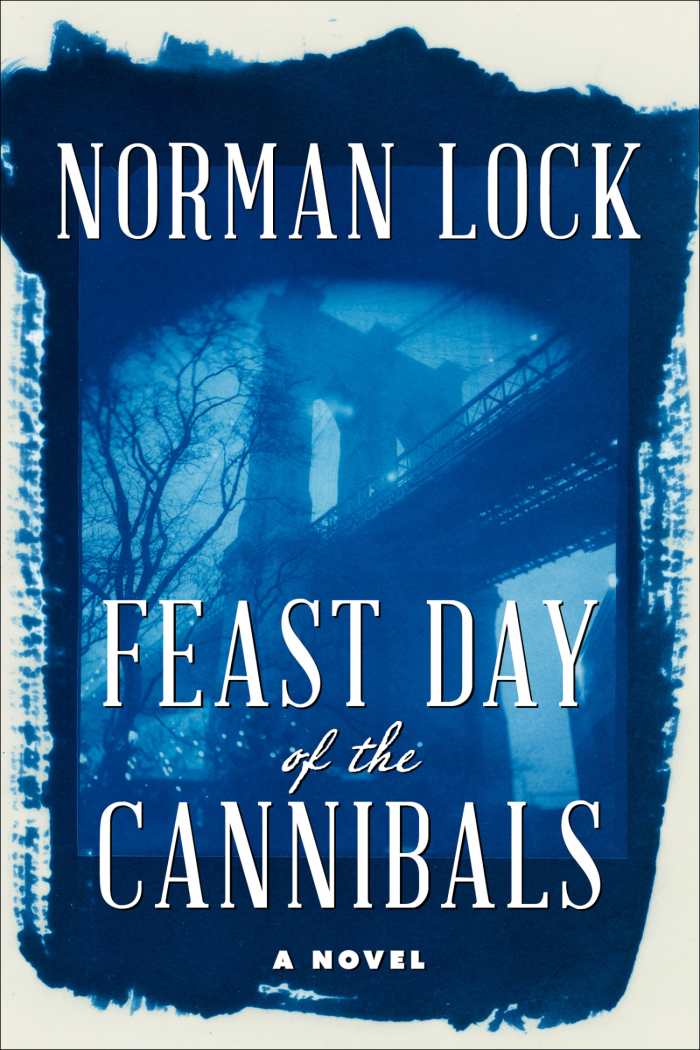Book of the Day Roundup July 22-26, 2019

Beirut Hellfire Society

Rawi Hage
W. W. Norton & Company
Hardcover $26.95 (288pp)
978-1-324-00291-8
Buy: Local Bookstore (Bookshop), Amazon
Rawi Hage’s novel Beirut Hellfire Society is an intimate glimpse at the effects of civil war that challenges social and religious norms.
Pavlov is the son of an undertaker in war-stricken 1970s Beirut. An avid reader of the Greeks, both mythological and philosophical, he inherits the family business after his father’s violent death. When the mysterious El-Marquis pays him a visit, Pavlov learns of his father’s connection to the Hellfire Society, a libertine group opposed to conventional religious moralism. Pavlov’s father provided cremation services to the dead deemed outside of moral bounds and thus denied burial rites. Now Pavlov must carry on these duties, navigating the horrors of war and his own bleak outlook all the while.
The narrative pulls no punches in depicting the violence and depravity that war births, and cynicism runs throughout. There are gnostic undertones in the philosophy of Pavlov’s father, particularly in relation to his distaste for the earthly interments that the church insists upon. Instead, he says, the dead should be set free by fire.
Within the violence are more meditative moments. Pavlov gradually emerges from his introverted and antisocial shell, moving from a person who believes dogs to be better company than humans to someone who is genuinely concerned about the welfare and safety of his sister’s family. His interactions with his niece are a relief from the dark hopelessness that pervades much of the narrative.
At times brutally intense, Beirut Hellfire Society unsettles detached views of war. There are, it insists, real and horrible consequences of wars that cannot be ignored, forgotten, or romanticized. Here, escape into perceived comforts and safety is not an option.
MEAGAN LOGSDON (June 27, 2019)
Hummingbird in Underworld
Teaching in a Men’s Prison

Deborah Tobola
She Writes Press
Softcover $16.95 (205pp)
978-1-63152-505-6
Buy: Local Bookstore (Bookshop), Amazon
Hummingbird in Underworld is a treasure of a book in multiple ways. It flits back and forth over razor-wire fences, twining memories from life on the outside into Deborah Tobola’s account of her stretch as facilitator of a creative program at a California men’s prison.
A motif of returning to the point of departure casts its spell over the book. On the night of her birth, Tobola’s mother’s lengthy labor allowed her dad to return to work, helping other prison guards search for an escaped inmate. Decades later, Tobola returned to that same prison to launch a program designed to aid and abet future released prisoners’ escapes from incarceration’s revolving door.
As if they live elsewhere, inmates refer to life on the outside as the “real world.” Hummingbird turns this distinction inside out: it’s within the prison walls that its real story, in real time, featuring real people, unfolds.
Within prison walls, words, phrases, and anecdotes are meted out like gold. On her first visit to the chief deputy warden’s office, Tobola mistakes a guard-tower sculpture as a lighthouse. “What am I doing here?” she asks herself. Suddenly, she knows. “I will build a lighthouse … shining in the darkness.”
Before entering her program, inmates may have been content to pass or waste time, but Tobola’s program forbids time to waste or pass prisoners by. Whether they were helping her with administrative tasks, expressing themselves through poetry, writing plays, composing music, or performing, a prisoner’s value became apparent. Her memoir recalls prisoner comfort zones expanding, incorporating that taboo realm where hopes and dreams of life beyond prison reside.
While Tobola’s beacon shines upon the virtues and vices of those living and working in prisons, Hummingbird also ventures into the self-serving politics, businesses, and unions lurking in the darkest corners of the prison system itself.
LINDA THORLAKSON (June 27, 2019)
The Moonstoners

Barbara J. Dzikowski
Wiara Books
Softcover $13.95 (368pp)
978-0-9840305-3-8
Buy: Local Bookstore (Bookshop), Amazon
Barbara J. Dzikowski’s The Moonstoners explores love in unsettled, complicated times.
The Trudeau, Ziemny, and Chavis families first collide when Noel Trudeau meets Ricky Ziemny after art class. While Theckla and Freddie Chavis care for Noel’s baby son, Ricky falls for Noel. But then Ricky’s brother, Leon, meets her and relationships turn messy. Tormented by her past, Noel struggles to love and be loved. Meanwhile, the country is torn apart by Vietnam and race riots.
The characters’ respective woes pump out a steady stream of juicy episodes set against an equally dramatic backdrop of world-changing events. Tangled love affairs unfold in chronological order, and free-flowing dialogue and captivating backstories make the narrative easy to follow.
Personal threads are colored by period musical references and steeped in national news stories. Bobby Kennedy makes a live appearance shortly before his death, infusing the novel with real-life pathos. Polish church traditions add metaphysical depth.
Noel Trudeau dominates the book—the attractive linchpin around whom other characters turn while Leon functions as her foil. Other characters are secondary to the ideas they personify. The Chavises present opportunities for others to change their views, and chiaroscuro—an art term for the light/dark juxtaposition that Ricky and Noel discuss—becomes a theme in character interactions. Pascal’s notion that “When one does not love too much, one does not love enough” is used to judge characters’ actions, though Noel ends up being the only character who transforms because of her love. With refreshing independence, she becomes a heroine and a champion of a new kind of love.
A romantic drama set in the 1960s, The Moonstoners forwards an ideal of love in complex circumstances.
MARI CARLSON (June 27, 2019)
The Book of X

Sarah Rose Etter
Two Dollar Radio
Softcover $16.99 (284pp)
978-1-937512-81-1
Buy: Local Bookstore (Bookshop), Amazon
A literary foray into the macabre madness of womanhood, Sarah Rose Etter’s The Book of X captures the innocent joys and creeping horrors of a young girl’s trek into adulthood.
Chapters are organized in short vignettes, offering the intimacy of a clandestine peek into the diary of Cassie, the third generation of women in her family to be born with their stomachs in a literal knot. “Picture three women with their torsos twisted like thick pieces of rope with a single hitch in the center,” reads the second sentence, cracking the spine on a world where knees are scraped and hearts are broken alongside fields of throats, jealousy removal shops, and birthday cakes replaced with heaping helpings of granite. Even the family home sits adjacent to a meat quarry, where Cassie’s father and brother harvest meat from veins underground to sell in town to the highest bidder.
Though the novel’s setting is at times fantastical, the trials of its characters are rooted in familiar realities. Cassie faces bullying, body image issues, a disappointing move to a lonely city, the drudgery of office work, and a parade of heartbreak. Following many of these darker recountings are “Vision” chapters that provide an alternative, wistful version of events and add a dreamy depth to Cassie’s otherwise bleak reality.
As Cassie grows older, her imaginings grow more nightmarish. Tangible problems—ailing parents, fading friendships, a longing for motherhood—keep the novel grounded even as Cassie’s mind begins to fray at its strained edges. Small collections of facts are set on separate pages throughout, commenting on everything from the amount of blood released during the average menstrual cycle to the root of the word “bomb.” These call back to Cassie’s hunger for knowledge in her school days and provide a reminder of the novel’s real-world setting.
With poetic prose and haunting honesty, The Book of X cuts clean to the tangled heart of femininity, unwinding one woman’s story to reflect a familiar self.
DANIELLE BALLANTYNE (June 27, 2019)
Feast Day of the Cannibals
The American Novels

Norman Lock
Bellevue Literary Press
Softcover $16.99 (240pp)
978-1-942658-46-7
Buy: Local Bookstore (Bookshop), Amazon
Set in Gilded Age New York, Norman Lock’s Feast Day of the Cannibals is the sixth standalone book in the American Novel series. At the cusp of the nineteenth century, fictional and real life characters intersect in a setting that’s brocaded with intricate detail.
Shelby Ross recounts events to his longtime acquaintance, Washington Roebling, the engineer behind the Brooklyn Bridge. The year is 1882, and Roebling is nearly incapacitated because of his involvement with the extraordinary construction project. Ross himself is bankrupt and has taken a job at the New York City Custom House, where his supervisor is Moby-Dick author Herman Melville. Melville is at times genial and at others alcoholically embittered by the “ill fortune and lost fame” of his languishing literary career.
Ross is a flawed narrator who becomes more compelling and compassionate during this troubled, less privileged point of his life. Originally hoping to be a “merchant prince,” Ross avoided the Civil War draft when his father paid a proxy soldier to serve for him. Though he insists that he does not want to be poetic or in any way extraordinary, Ross acts with dark honor to avenge the murder of a close friend, who’s preyed upon for being presumed gay and who’s referred to by a callous slur.
Among the novel’s features are intriguing portraits of Melville, Roebling, and Ulysses S. Grant and a snarky yet memorable version of Mark Twain. The story prowls through Manhattan’s docks, boardinghouses, brothels, and saloons with an eye to detail, even conjuring the herd of elephants sent by P. T. Barnum to thunder across the newly opened Brooklyn Bridge.
Engrossing and elegant, Feast Day of the Cannibals captures America’s kaleidoscopic spirit during a tumultuous, rapacious era.
MEG NOLA (June 27, 2019)
Barbara Hodge
